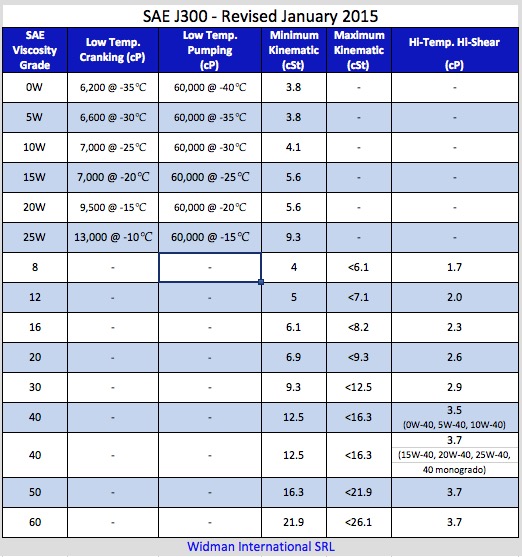Alright, I've done some comparisons between Agip/Eni, Kroon, Mobil 1, Motul, Shell and Total oils.
I've compared them on viscocity (40C and 100C), viscosity index, flash temperature and price. I ranked each oil on their position for each of these criteria (best score, rank 1, second best score, rank 2 etc.) and in the end averaging their positions. I took special consideration for the HTHS where I could find them (unfortunately, I only got those values for 7 out of 19 oils).
I excluded the semi-sythetic oils, even though some of them scored very well, particularly the Total Quartz 9000 Energy and Agip Eni I-Sints.
Also excluded were the 10W60 oils, because of concerns of power loss. Even though the HTHS values were significantly higher for these oils.
Finally I excluded the most expensive oils. I don't believe the extreme price differences between some oils will be compensated by extreme quality differences. For instance, Motul V300 10W40 was priced at 180 euro's for 7 litres, while Shell Helix Ultra 5W40 was priced at 51 euro's for the same quantity. So I limited the comparison to a maximum of 100 euro's per 7 litres. I'd rather do an additional oil change than pay that price.
This provides the following list:
| Brand | Type | Grade | Synth | A3/B4 | Visc. 100 | Visc. 40 | Visc. Index | Flash | Pour | Mass dens. 15C | HTHS | Price | Average Rank |
| Shell | Helix Ultra | 5W40 | Full | Yes | 13,1 | 74,4 | 187 | 215 | -39 | 840 | 3,68 | € 51 | 5 |
| Motul | 8100 X-cess | 5W40 | Full | Yes | 14,2 | 85,4 | 172 | 230 | -36 | 851 | 3,7 | € 60 | 8 |
| Agip | Eurosport | 5W50 | Full | No - motorsport | 19,0 | 100,0 | 210 | 210 | -45 | 875 | 4,6 | € 60 | 10 |
| Mobil 1 | SUPER 3000 X1 | 5W40 | Full | Yes | 14,0 | 84,0 | ? | 222 | -39 | 855 | ? | € 60 | 8 |
| Mobil 1 | FS X1 | 5W-50 | Full | Yes | ? | 101,0 | ? | 239 | -45 | 850 | ? | € 99 | 10 |
This gives first place to Shell Helix Ultra 5W40. A fully synthetic oil, complying with A3/B4, with a low viscocity at both low and working temparature. A very respectable viscocity index and an exceptable HTHS value (although one of the lowest that I did manage to find). Additionally the Flashpoint was relatively low compared to other oils, but it seems to be an acceptable value.
Alternatively I do think the Agip Eurosport 5W50 is an interesting prospect due to the higher range, high viscocity index and significantly higher HTHS but it also scored comparatively low on Flashpoint.
The Mobil 1 FS X1 5W-50 could have been interesting (especially considering the high Flashpoint) but I couldn't find any information about the working temperature viscocity, the viscocity index not the HTHS value.
Now I'm still not confident in my own ability to judge all these values. I've simply applied what you guys have commented and did some basic internet queries to further understand some values on a basic level.
I think the Shell Helux Ultra 5W40 or Agip Eurosport 5W50 will at least be sufficient to keep my engine in good condition. I'm not sure which one of these I will pick and whether it's actually (one of) the best option(s) on the market, I can't honestly say.
I'd love to hear your thoughts on my comparison method and the final selection. As it stands, I will be purchasing the Shell Helix Ultra 5W40.

